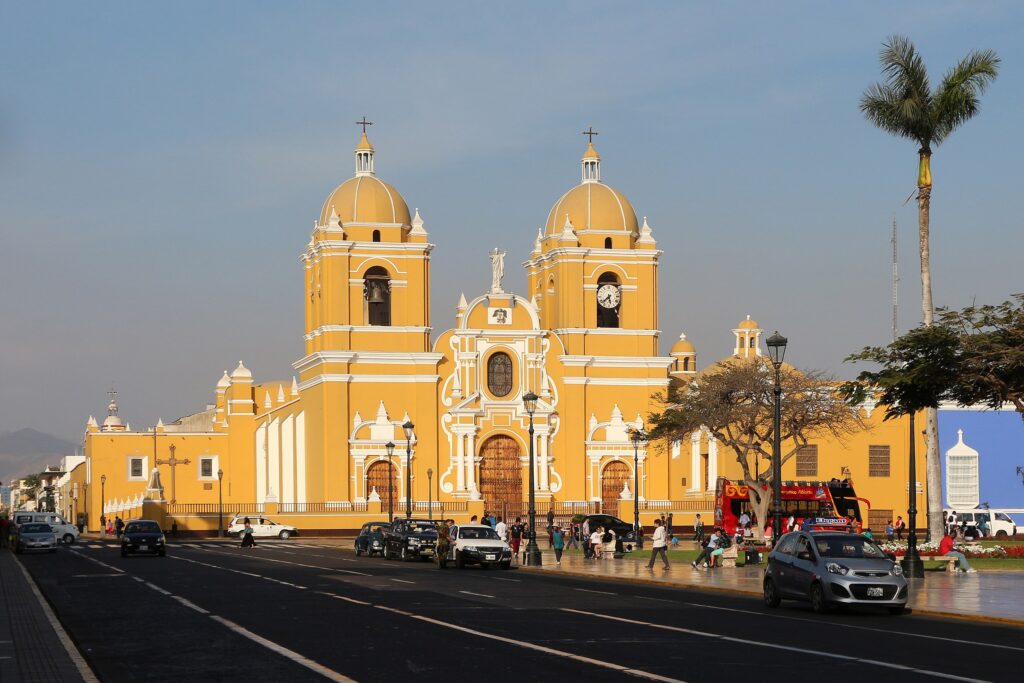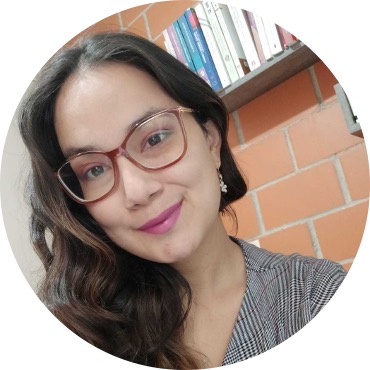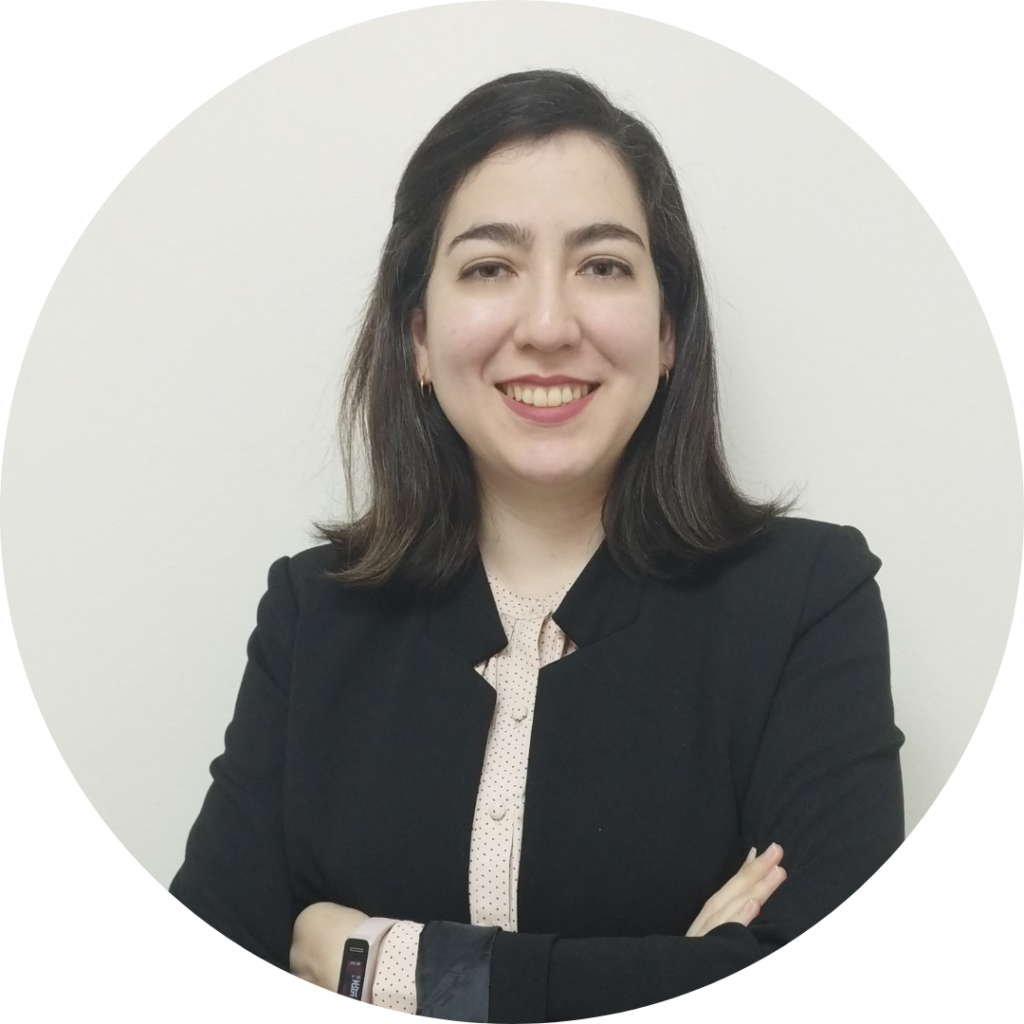
Canopy Forum in Collaboration with Derecho en Sociedad
September – November 2024
Cathedral of Trujillo, Peru by Bernard Gagnon (CC BY-SA 3.0)
Canopy Forum, since its inception, has strived to be as intentionally inclusive in producing essays and novel scholarly pieces that give voice to authors in the field tackling a host of questions and topics – both well-explored and utterly novel – from around the world. In doing so, our readers and writers have benefited from collections of works that give us a taste of the truly dynamic scholarly environment in law and religion, as well as introductions to writers eager to offer ongoing contributions. It is in this spirit that Canopy Forum and Derecho en Sociedad began their collaboration. Derecho en Sociedad is a scholarly publication founded with the purpose of promoting a culture of research and cooperation across disciplines interested in the field of law. It takes, as its starting point, the study of law and its implications for society, as well as other disciplines in the social sciences. Thus, the reader benefits from anthologies of articles that expand their knowledge of law and social sciences with cutting-edge approaches. In its years of publishing, Derecho en Sociedad has given voice to authors across the world, many of whom are passionately dedicated to engaging questions and controversies in law and religion.
We are pleased to be able to provide you a glimpse into what some of them have to say. The following articles are designed as short highlights of the arguments that authors are putting forward in longer pieces for this upcoming issue of Derecho en Sociedad. They offer analyses of exceptional breadth and depth, and new points of consideration for all of us in the field. ♦
The following essays are reprinted and adapted on Canopy Forum in collaboration with the journal Derecho en Sociedad, a biannual electronic publication that is free and open access. Their issue 18(2) features full length articles in Spanish and English.

“Cuba: A Legal Framework that Restricts the Right to Religious Freedom”
September 2024
Teresa I. Flores is a lawyer who graduated from the Santo Toribio de Mogrovejo Catholic University, Peru, with a Diploma in Religious Studies from the Pontificia Universidad Católica de Chile. She is the director of the Observatory of Religious Freedom in Latin America and a member of the Latin American Consortium of Religious Freedom, with experience in research and the study of religious freedom in the region. She has given lectures on issues related to hostilities against the right to religious freedom in different academic and political forums, with publications about those topics

September 2024
Camila A. Sánchez Sandoval holds a PhD in Social Sciences from FLACSO Mexico, is an independent consultant in public policy evaluation. Her main research areas are religious freedom, public policy, and the relationship between politics and religion. See more Camila Sánchez on X and LinkedIn.

“Towards a Multidimensional Understanding of Places of Worship for Rights Balancing in Colombia”
October 2024
John Fredy Osorio Cardona is a PhD Candidate in Development and Territorial Studies at Universidad de la Salle in Colombia. He has served as a public official and state contractor, and worked for three years at the Directorate of Religious Affairs of the Colombian Government.

November 2024
Marcela A. Bordón Lugo is a Program Officer and Research Associate at the International Institute for Religious Freedom, focusing on citizen participation, human rights, and religious freedom issues. Born in Asunción, Paraguay, and currently residing in Santiago, Chile, she holds a law degree from the National University of Asunción and a Master’s in Political Science with a major in International Relations from the Pontifical Catholic University of Chile.

February 2025
Emily Cole is a human rights lawyer focused on religious freedom advocacy and community development in Latin America and the Caribbean and currently serves as an analyst for Pepperdine University’s Program on Global Faith and Inclusive Societies in Washington DC. A former Fulbright scholar to Ecuador, Emily earned her J.D. from the University of Wisconsin Law School and her B.A. in Political Science and Spanish from Eastern University.

“The Wolf in Sheep’s Skin: Promises and Realities of Religious Freedom in China“
March 2025
Grace Gaffet is a Master’s student in Theology and Religious Studies at the Evangelische Theologische Faculteit Leuven. She holds a Master’s degree in Affaires Internationales from the Institut International du Commerce et du Développement Paris. She was the Violent Incident Database Researcher at the International Institute for Religious Freedom.

“Constitutions Address Religious Freedom, but Not as Much as Desired”
March 2025
Dennis P. Petri, PhD is the International Director of the International Institute for Religious Freedom and Founder and scholar-at-large of the Observatory of Religious Freedom in Latin America. He is a Professor in International Relations and Head of the Chair of Humanities at the Latin American University of Science and Technology and the Latin American Faculty of Social Sciences.

Jonathan Fox (Ph.D. in Government & Politics, University of Maryland, 1997) is the Yehuda Avner Professor of Religion and Politics at Bar Ilan University in Ramat Gan Israel. He has published over 100 academic articles and 15 books on various topics in religion and politics including government religion policy, religious conflict, religious minorities, and religion in international relations.
